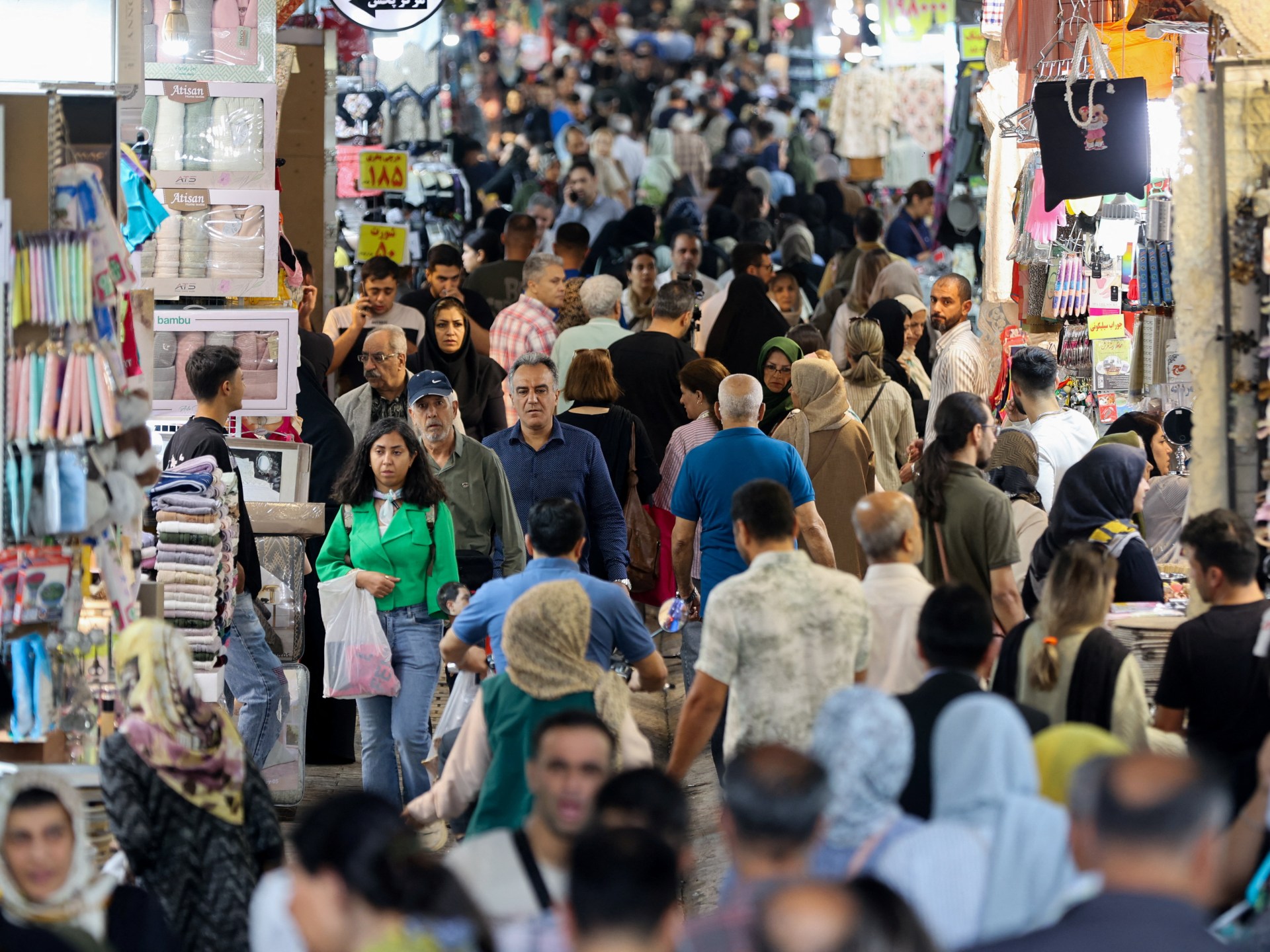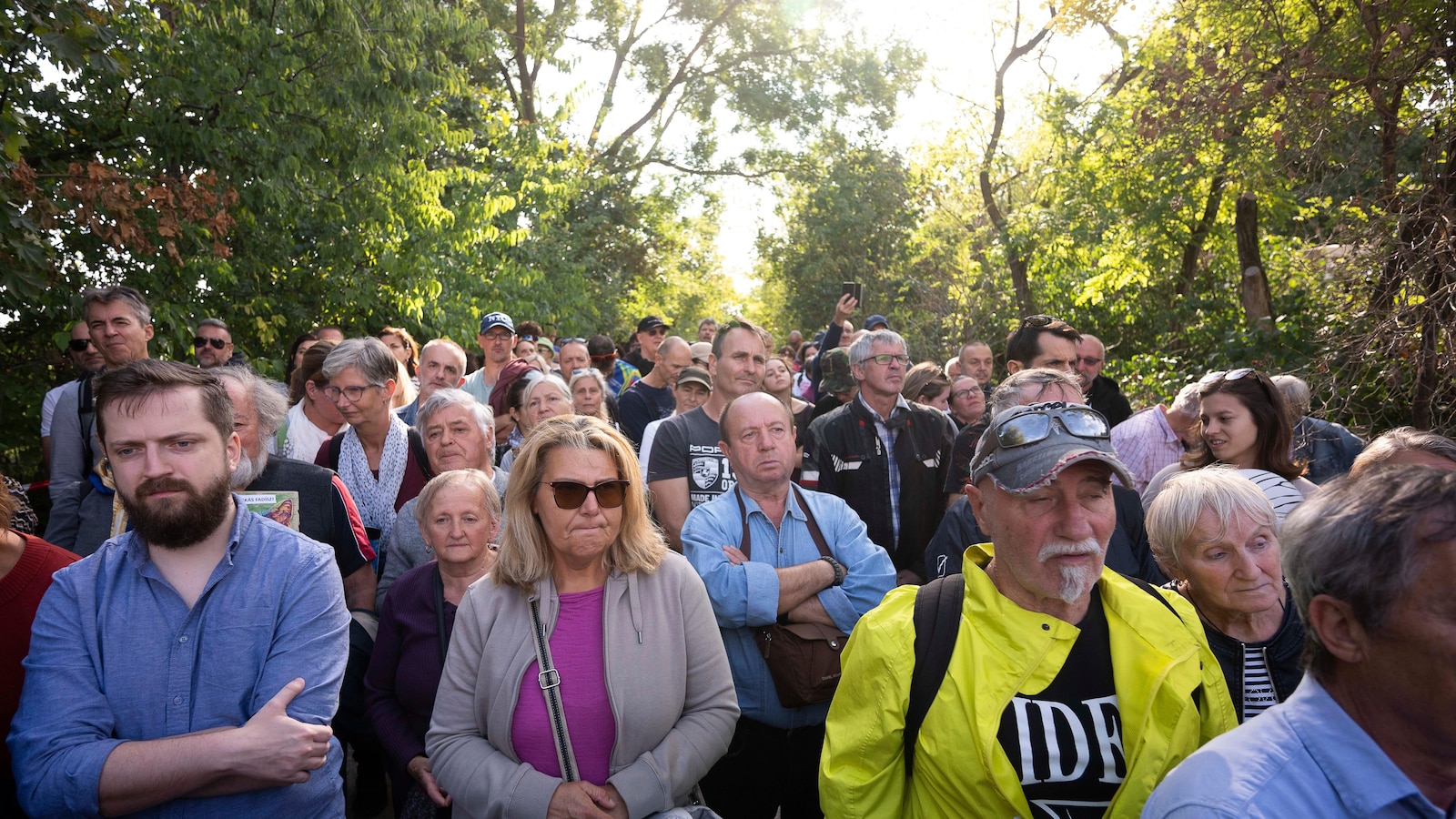Most polls project the governing pro-EU Party of Action and Solidarity in the lead.
Published On 28 Sep 2025
Polls have opened in Moldova, where citizens are voting in parliamentary elections that could determine whether the country moves away from its pro-Ukrainian stance and its plans to join the European Union, towards Russia’s orbit.
Leading up to Sunday’s vote, Moldovan Prime Minister Dorin Recean warned of Russian interference, saying Moscow is spending “hundreds of millions” of euros as part of an alleged “hybrid war” to try to seize power, which he described as “the final battle for our country’s future.”
Recommended Stories
list of 3 itemsend of list
Russia has denied Moldova’s claims that it has been waging a disinformation campaign and looking to buy votes and stir unrest.
On Sunday, polling booths opened at 7am (04:00 GMT). Polling will close at 9pm (18:00 GMT), with results expected later in the day.
The vote will elect 101 members, followed by the president nominating a prime minister, generally from the leading party or bloc, who can then try to form a new government.
Ahead of the election, most polls projected Recean’s pro-EU Party of Action and Solidarity (PAS), which has led the country since 2021, in the lead.
But the polls do not account for Moldova’s large diaspora, and about a third of voters remain undecided.
The pro-Russian Patriot Electoral Bloc, a group of political parties, has capitalised on voter unease over economic turmoil, the slow pace of reforms and issues worsened by what officials say has been widespread disinformation.
Among the parties in the pro-Russian bloc are the populist Our Party, which wants what it calls a “balanced foreign policy” between East and West, and the Alternativa Bloc, which has claimed to be pro-European, but critics have argued that it seeks closer ties to Moscow.
Geographically, Moldova is landlocked between Ukraine and EU member Romania.
The country has, in recent years, moved westwards in attaining candidate status to the EU in 2022, just after Russia invaded Ukraine.
Iulian Cazacu, a 26-year-old factory worker in Balti, told the Reuters news agency that he would probably not vote, disappointed by the outcome of two previous votes.
“There have been various leaders, and not a single normal, adequate change that would allow me to say, ‘Look, life in the country has become good,’” Cazacu said.

On Friday, President Maia Sandu called the vote the country’s “most consequential election”.
“Its outcome will decide whether we consolidate our democracy and join the EU, or whether Russia drags us back into a grey zone, making us a regional risk,” Sandu wrote on X.
Recean, in the meantime, stressed the threat from Russia: “I call on every Moldovan at home and across Europe: We cannot change what Russia does, but we can change what we do as a people,” he said. “Turn worry into mobilisation and thoughtful action … Help stop their schemes.”




Leave a Comment